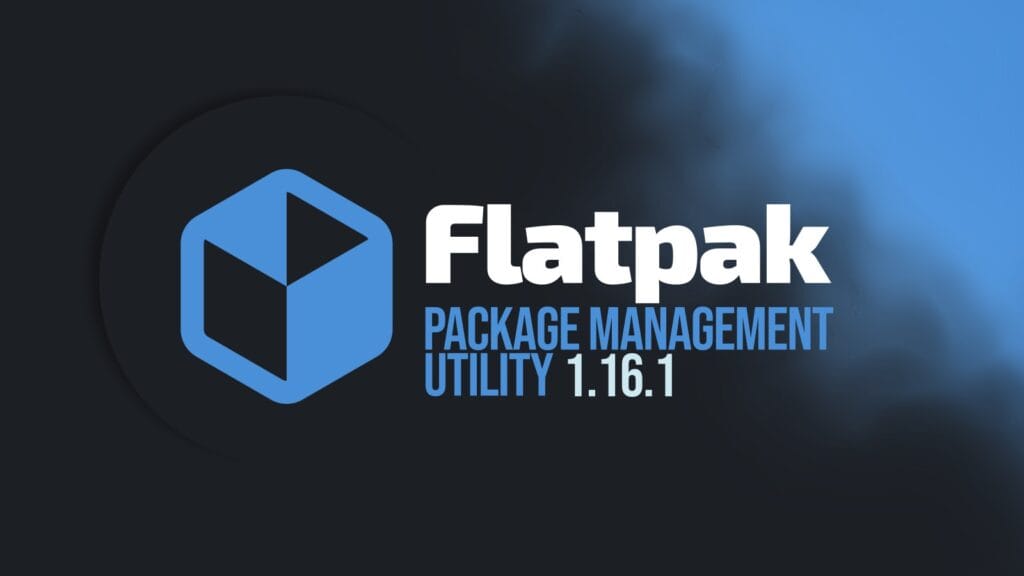Flatpak, the widely used, distro-agnostic Linux packaging system, has released version 1.16.1, the first bugfix release in the 1.16 series.
One significant improvement is centered around parental controls. Now, child accounts can update existing applications by default, allowing critical security patches and bug fixes to be installed without delays. System administrators still retain control and can override this default behavior through specific polkit policy rules.
Flatpak 1.16.1 also simplifies system management by adjusting how it identifies application instances within systemd. Previously matched by top-level process IDs, systemd scopes now utilize Flatpak instance IDs, significantly easing the identification and management of app instances.
Hardware support also sees incremental improvements. Access through the parameter ‘–device=dri‘ has been expanded to include ‘/dev/udmabuf‘, enhancing graphics compatibility and being particularly beneficial for applications requiring DMA buffer sharing.
Performance optimizations are another highlight. Commands like ‘flatpak prune –dry-run‘ now run significantly faster by skipping unnecessary calculations related to potential disk space recovery. Similarly, the command ‘flatpak permission-reset‘ improves efficiency by writing only genuinely changed entries, thus reducing unnecessary file operations.
The update addresses several critical bugs. Intermittent crashes related to unnecessary multithreading in ‘flatpak-portal’ have been resolved. Additionally, confusing prompts from ‘flatpak remove –unused‘ when handling obsolete NVIDIA driver extensions are eliminated.
Host environment variables, including ‘$PYTHONPYCACHEPREFIX‘ and Wayland-related variables, are now appropriately restricted from propagating into the sandbox unless explicitly permitted, further enhancing sandbox isolation.
Furthermore, Flatpak 1.16.1 corrects memory leaks occurring during extra-data installations and refines error reporting to avoid redundant messaging. Developers also gain clearer guidance when encountering invalid parameters in commands such as ‘flatpak-spawn –sandbox-a11y-own-name‘.
Lastly, internal improvements and comprehensive documentation updates round out the release, accompanied by refreshed translations into multiple languages, including Bulgarian, Polish, Brazilian Portuguese, Romanian, Russian, and Swedish.
For more information, see the changelog. Users and distribution maintainers are encouraged to adopt Flatpak 1.16.1 promptly, ensuring optimal performance, security, and reliability across their Linux environments.
